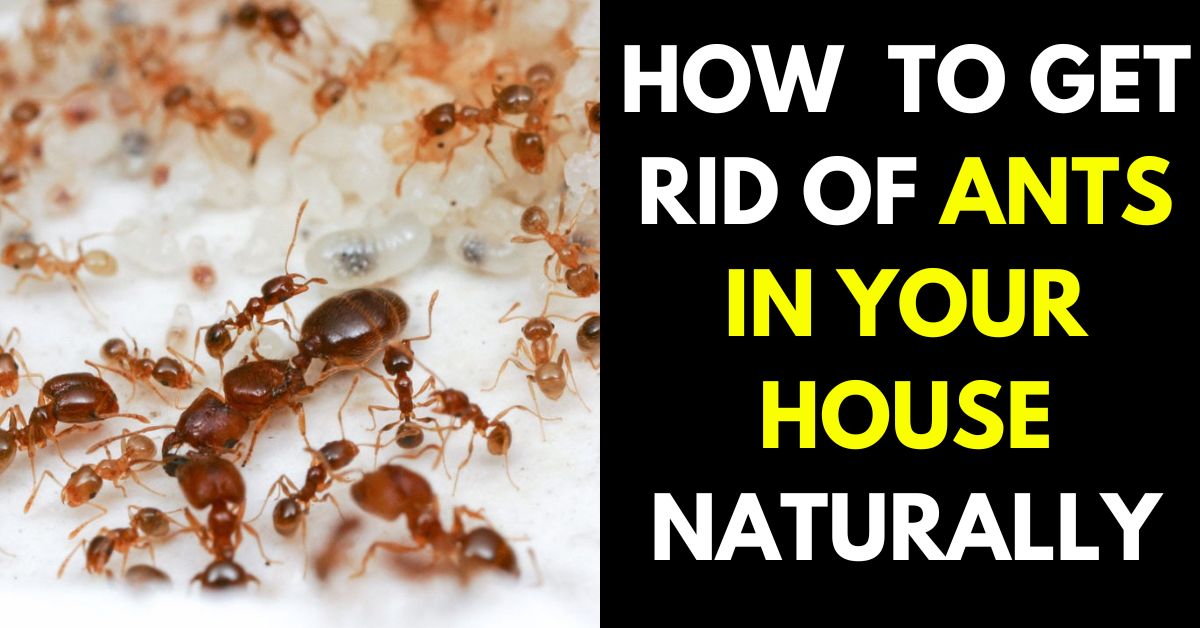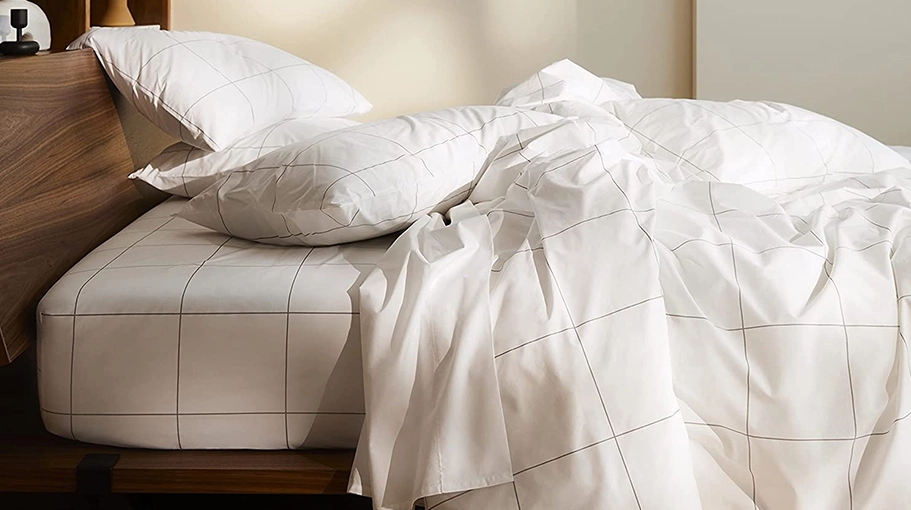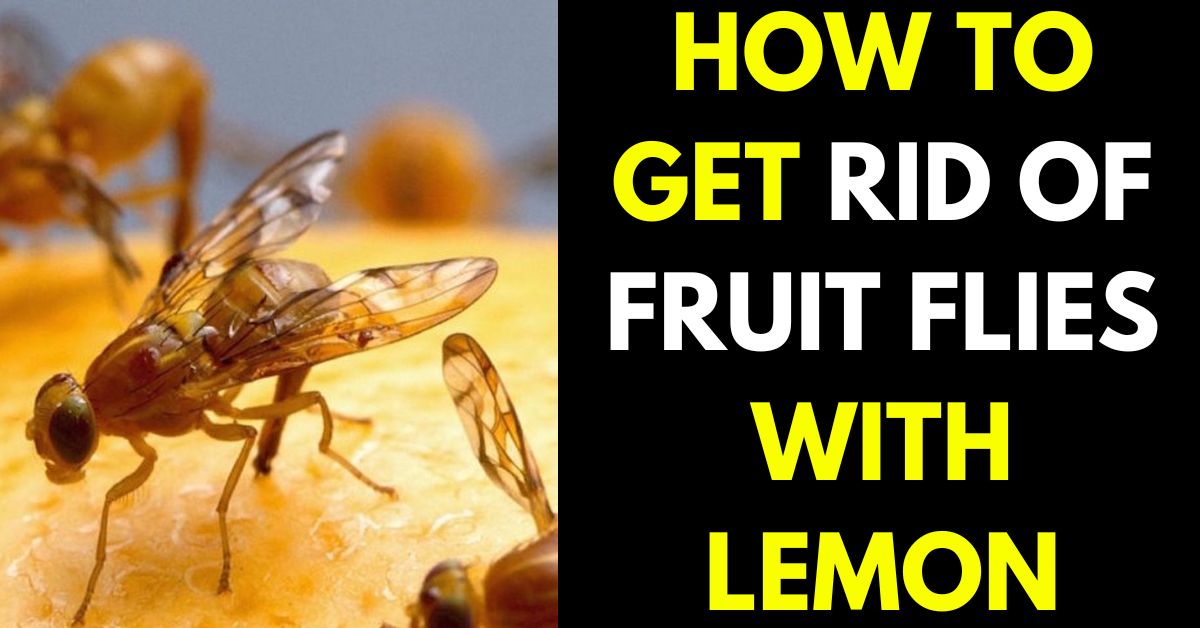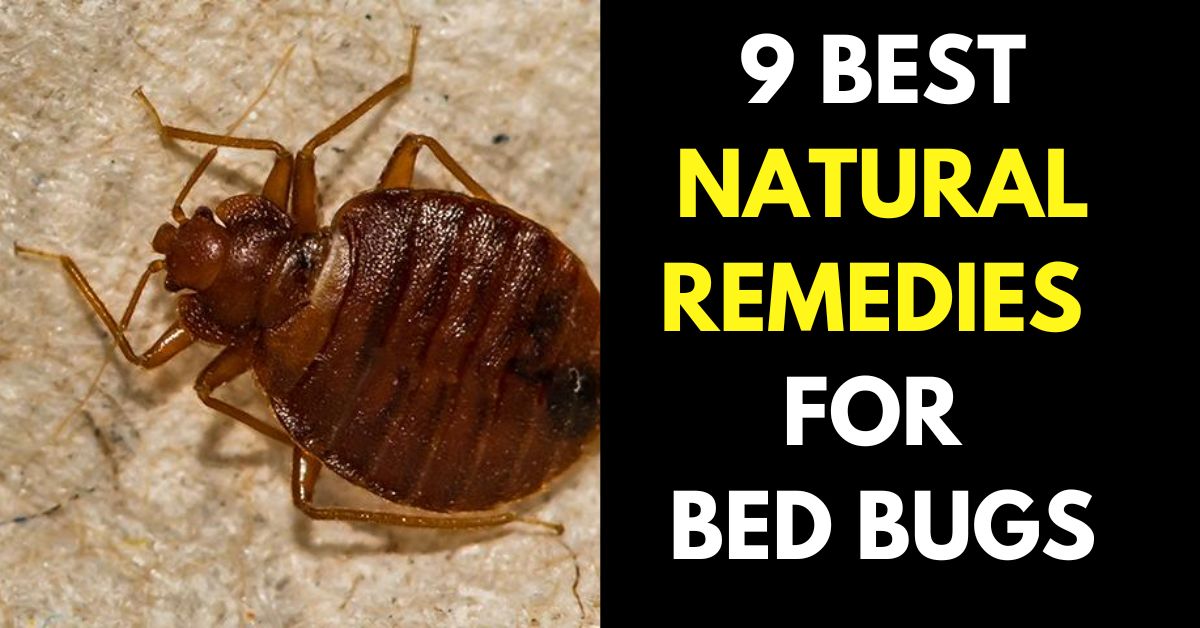Ants are a common problem in the kitchen. They like to crawl into food and food containers, and they can even climb up water pipes. To keep them away from your kitchen, you need to know how to get rid of ants in the kitchen with baking soda.
What Is Baking Soda?
Baking soda is sodium bicarbonate a white powder that looks like table salt. It’s sometimes called bicarbonate of soda or cooking soda. It’s an odorless substance that reacts with other chemicals to release carbon dioxide gas when dissolved in water (also known as carbonation).
This reaction is what makes baking soda so useful for cleaning products such as toothpaste and deodorants, as well as household cleaners like scouring powders, soaps, and detergents.
Can I use baking soda to kill ants?
Baking soda is a great option for killing ants. It will not harm your pets or children. It can be used both indoors and outdoors, including around plants. The only issue with using baking soda is that it does not work as quickly as other insecticides. This means that you may have to reapply the baking soda more often than you would like.
This is especially true if you have a large ant problem or if you have a large area that needs treating. However, if you have a smaller problem, it can be an effective way of getting rid of them quickly.
Will Baking Soda Get Rid of Ants in the House?
Baking soda is one of the most common home remedies for getting rid of ants in the house. Many people use it because it’s inexpensive and easy to find at any grocery store or hardware store.
It also kills on contact so there’s no need to wait for results like you would with sprays or powders that contain pyrethrins or pyrethroids.
How Does Baking Soda Kill Ants?
Baking soda has a pH of 8.2, which means it is slightly alkaline (7.0-14). This makes it an effective insecticide against many species of ants because some species are more sensitive to pH than others.
It also has a strong odor that can repel certain species of ants from entering your home or yard. The alkalinity of baking soda also kills through dehydration and suffocation when mixed with water.
How Long Does Baking Soda Take to Kill Ants?
Baking soda takes about a few minutes to kill ants. The process of the ants breathing in the carbon dioxide gas causes them to become very tired, which eventually leads to death. The process can take longer depending on the size of your infestation and how much baking soda you have spread around your home or garden area.
How to Use Baking Soda for Ants:
- Mix 1 part baking soda with 9 parts water in a spray bottle and shake well before each use (1 cup baking soda to 9 cups water).
- You can use this mixture on outdoor surfaces or indoors where you have seen ants congregating or traveling through your home.
- Spray the solution directly on an ant nest you find (in potted plants, under boards, etc.) or areas where they are traveling through your home or yard.
How to Get Rid of Ants in the Kitchen with Baking Soda
Baking soda is a perfectly safe and effective way to get rid of ants. With just a few simple steps, you can eliminate your ant problem and keep it from coming back.
Here’s how to get rid of ants in the kitchen with baking soda:
Step 1 – Clean Up Food Sources
The first step to getting rid of ants is to clean up any food sources they might be interested in. Make sure all crumbs are cleaned up from countertops and floors, as well as any spills that may have occurred.
If you have pets or small children, make sure they’re not leaving food out where it can attract ants.
Step 2 – Find Out Where They’re Coming From
In order to properly get rid of ants in your kitchen, you’ll need to find out where they’re coming from. Check under all appliances and cabinets for signs of ant activity (such as dead bodies).
Then check along the baseboards around your home – this is where they like to nest! You’ll want to remove any nesting materials from these places so that there’s nothing left for them to use as shelter or food sources.
Step 3 – Sprinkle Baking Soda Around Your Home
Sprinkle baking soda wherever you see ants behind appliances, along baseboards and countertops, and even under sinks where plumbing leaks can attract them.
The baking soda will kill them over time when they come in contact with it and it won’t harm your family or pets if they accidentally eat some while cleaning up after an ant infestation.
How to Get Rid of Ants with Baking Soda and Sugar
Baking soda is a natural insecticide that works well on ants. The baking soda will kill the ants, but it will also attract them to their death.
It is important that you mix the baking soda with sugar in order to make the mixture attractive to the ants.
This way, they will be drawn towards it, but then they will not be able to eat it as it is not sweet enough for them. The combination of these two ingredients is what makes this method effective at killing ants.
How to use Vinegar and Baking Soda to Kill Ants
Vinegar and baking soda are both great at killing many different types of pests, including ants.
To make this mixture, simply combine 1 teaspoon of vinegar with 1 cup of water and add 1 teaspoon of baking soda. After mixing the ingredients together, pour them into a spray bottle and spray on any areas where you see ants crawling around or entering your home.
This solution works best when sprayed directly on top of anthills or mounds because it will kill all the ants inside quickly without leaving any survivors behind.
How to Prevent Ants
Ants are a common insect in most homes. They are attracted to food, water, and moisture, so it’s important to make sure your home is free of these things.
Here are some tips for preventing ants in your home:
Eliminate food sources – Keep counters clear of crumbs and spills, don’t leave dirty dishes overnight, and seal all food containers tightly. Empty trash regularly.
Keep food sealed up tight – Don’t leave pet food out overnight, don’t leave open snack bags or boxes on the counter, keep the pantry door closed and use any other means necessary to keep ants from getting into your cupboards.
If you have pets that occasionally eat on the floor, pick up after them immediately so ants don’t have a chance to find the food source.
Clean up spills right away – Spilled sugar or honey can attract ants quickly so clean that up right away. The same goes for other types of spills as well as leaky pipes or drains.
Other Natural Ways to Control Ants
Ants are one of the most annoying pests to have around the house. They can enter through cracks in the foundation, windows, or doors and make their way into your kitchen. If you find ants in your kitchen, it’s time to take action. You can use natural methods to get rid of ants without using harsh chemicals.
1. Dishwashing soap and water spray
Dish soap is an effective treatment for ants because it contains detergent, which is harmful to them. Mix 1/4 cup of dish soap with 2 cups of water in a small bowl. Place this mixture in a spray bottle and spray where you see ants entering your home.
2. White vinegar and water spray
White vinegar is another natural remedy for ants that can help repel them from your home. Mix 1 part white vinegar with 4 parts water in a spray bottle, then spray directly onto ant hills or trails where you see them entering your home or yard. You can also add some drops of lemon essential oil to this mixture if you’d like extra repelling power.
3. Keep ants out with talcum powder
Ants don’t like talcum powder because it clogs their respiratory system when they breathe it in (it causes asphyxiation).
Get Rid of Ants Related Questions
Does Baking Soda Attract Ants
Baking soda is one of the most effective and inexpensive ant killers, but if you live in an area where you have fire ants, it’s not the best option. Fire ants will not be attracted to the baking soda in your home unless it is mixed with water.
Instead, they will feed on the liquid solution and die from dehydration once they return to their colony.
Can Baking Soda Kill Ants in Plants?
Baking soda does kill ants in plants, but only when mixed with water. When mixed with water, baking soda forms a paste that can be applied directly to the ants. Once applied, it kills them on contact by dehydrating them so they cannot breathe anymore.
If you want to use this method to kill ants in your garden or around your home, make sure to wet down any areas they frequent before applying so that they are attracted to the mixture and not just running away from it.
Can Baking Soda Keep Ants Away?
Baking soda is a popular method used by many people to get rid of ants naturally. It works by being abrasive enough to kill the ants and dehydrate them so they die off quickly.
This method is simple and cheap, but it’s not always effective as it depends on how much baking soda is used per day by each ant colony.
Does Vinegar Keep Away Ants?
Vinegar is another popular natural remedy for killing ants. Its acidity makes it unsuitable for human use, but the same properties make it deadly to most insects, including ants.
The vinegar itself will kill them slowly over time if left out in open areas where they can reach it easily.
Do baking soda and vinegar keep ants away?
Yes, both baking soda and vinegar can be used to repel ants from the home. You may need to use a combination of vinegar and baking soda to get rid of ants.
Do ants hate petroleum jelly?
Ants don’t really care about the smell of petroleum jelly. They can smell it, but they won’t avoid it. You’ll need a stronger repellent than that to keep them at bay.
Will dryer sheets keep ants away?
Dryer sheets might help deter ants, but they’re not a reliable solution on their own. The scent may have some effect on them, but it’s unlikely to be enough to keep them out for good. Dryer sheets also tend to stick around for far too long and can be hard to remove from fabrics and carpets once they’ve done their job especially if you don’t want to use water or harsh chemicals to wash them out.
Do ants hate petroleum jelly?
Ants don’t really care about the smell of petroleum jelly. They can smell it, but they won’t avoid it. You’ll need a stronger repellent than that to keep them at bay.




